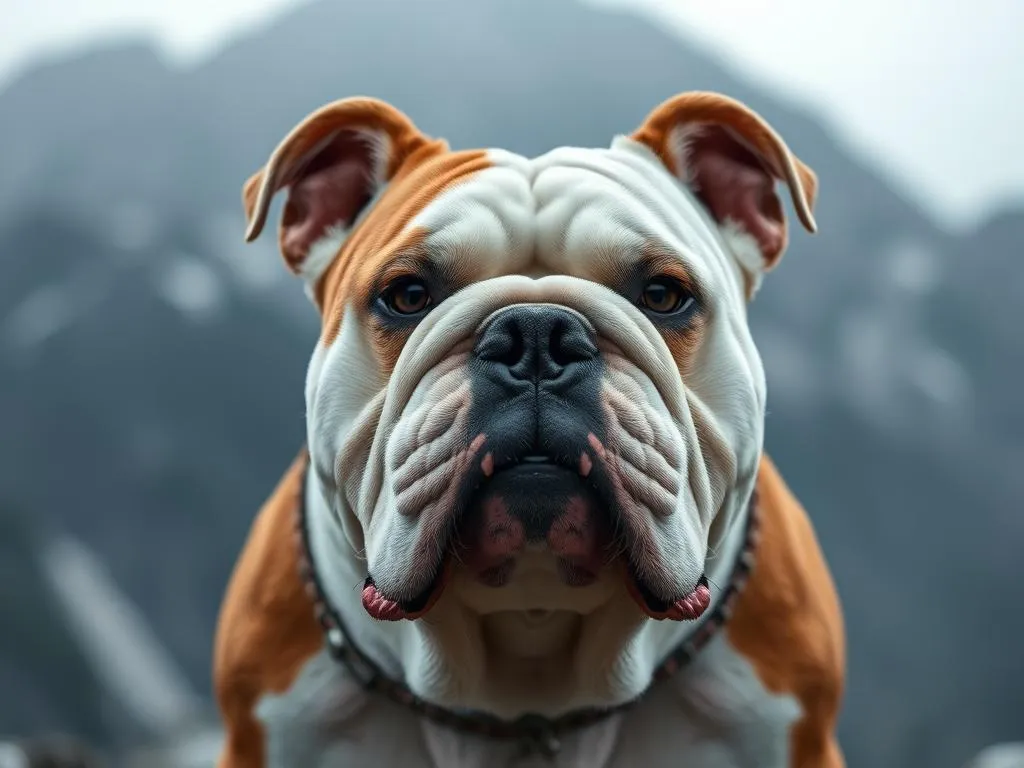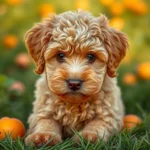
Introduction
Dog breeds play a significant role in our lives, offering companionship, protection, and even assistance in various tasks. Understanding the characteristics and traits of different breeds is crucial for potential dog owners, as it helps them choose the right dog for their lifestyle. One unique breed that stands out is the Mountain Bulldog. Known for its distinctive appearance and friendly demeanor, this breed has garnered attention from dog enthusiasts. In this article, we will explore the Mountain Bulldog, its characteristics, care requirements, and how it fits into family life.
Understanding Dog Breeds
What are Dog Breeds?
Dog breeds are groups of domestic dogs with specific physical and behavioral traits that distinguish them from others. The historical context of dog breeding dates back thousands of years when humans began to selectively breed dogs for various purposes, such as hunting, herding, guarding, and companionship. Each breed was developed to serve a specific function, influenced by geographical location, climate, and human needs.
Importance of Breed Characteristics
Understanding breed characteristics is essential for potential dog owners. These traits can be categorized into three main areas:
-
Physical Traits: Includes size, coat type, and color. For instance, the Mountain Bulldog has a sturdy build and a short coat that requires minimal grooming.
-
Temperament: Refers to behavior, energy levels, and trainability. The Mountain Bulldog is known for its friendly and sociable nature, making it an excellent companion.
-
Health Considerations: Different breeds are predisposed to specific health issues. Understanding these can help owners take preventive measures and seek appropriate veterinary care.
Overview of the Mountain Bulldog
Origin and History
The Mountain Bulldog is a relatively new breed that originated in the United States. It is a cross between the English Bulldog and the Boxer, designed to combine the best traits of both breeds. The goal was to create a dog that is not only charming in appearance but also possesses the strength and agility required for various activities. The breed has gained popularity for its loyal and loving nature, making it a favorite among families.
Physical Characteristics
The Mountain Bulldog is a medium-sized dog, typically weighing between 50 to 75 pounds. Here are some key physical traits:
- Size: Medium, muscular build.
- Coat Type: Short and smooth, which requires minimal grooming.
- Color Variations: Common colors include brindle, fawn, and white, often with unique patterns.
Distinguishing features include a broad head, strong jaw, and muscular body, giving the dog a robust appearance.
Temperament and Behavior
The Mountain Bulldog is known for its friendly and affectionate personality. Here are some notable temperament traits:
-
Social Behavior: This breed is very sociable and enjoys being around people and other animals. It is known to be gentle with children, making it an excellent family pet.
-
Energy Levels: Moderate energy levels mean that while they enjoy playtime, they are also content to relax at home.
-
Trainability: The Mountain Bulldog is intelligent and eager to please, which makes training relatively easy, though consistency is key.
Care Requirements
Nutrition
A balanced diet is crucial for the health of a Mountain Bulldog. Here are some dietary recommendations:
-
High-Quality Dog Food: Look for brands that offer high protein content and essential nutrients for a medium-sized breed.
-
Common Dietary Issues: Some Mountain Bulldogs may be prone to obesity, so it’s essential to monitor their weight and adjust food portions accordingly.
Exercise Needs
Daily exercise is vital for a Mountain Bulldog to maintain its physical and mental health. Here are some guidelines:
-
Daily Exercise Requirements: Aim for at least 30 to 60 minutes of exercise each day, which can include walks, play sessions, and interactive games.
-
Types of Activities: Enjoyable activities include fetch, agility training, and swimming, which also provide mental stimulation.
Grooming
Grooming needs for the Mountain Bulldog are relatively low, thanks to its short coat. Here’s what to keep in mind:
-
Grooming Frequency: Brushing once a week is usually sufficient to keep the coat healthy.
-
Common Skin and Coat Issues: Be alert for any signs of skin irritation or allergies, as Bulldogs can be prone to skin issues.
Health and Wellness
Like all breeds, the Mountain Bulldog is susceptible to certain health problems. Here are some common concerns:
-
Common Health Problems: Watch for hip dysplasia, skin allergies, and respiratory issues due to their brachycephalic nature.
-
Preventative Care: Regular vet check-ups, vaccinations, and a healthy diet are essential for maintaining overall health.
Training and Socialization
Importance of Early Training
Early obedience training is crucial for the Mountain Bulldog. It helps instill good manners and social skills, ensuring a well-adjusted dog. Benefits include:
-
Building a Strong Bond: Training sessions can enhance the bond between the dog and owner.
-
Recommended Training Methods: Positive reinforcement techniques, such as treats and praise, are effective for this breed.
Socialization Techniques
Socializing a Mountain Bulldog from a young age is essential to develop a well-rounded temperament. Here are some techniques:
-
Importance of Socializing: Introducing the dog to various environments, people, and other pets can prevent behavioral issues later in life.
-
Recommended Activities: Puppy classes, dog parks, and playdates can provide excellent socialization opportunities.
Behavioral Challenges
While generally well-behaved, the Mountain Bulldog can face some behavioral challenges. Here’s how to address these:
-
Common Behavioral Issues: Some may exhibit stubbornness or separation anxiety.
-
Solutions and Training Tips: Consistent training, mental stimulation, and gradual desensitization to being alone can help manage these challenges.
Mountain Bulldog in Family Life
Compatibility with Families
The Mountain Bulldog is known for its compatibility with various family dynamics. Here are some points to consider:
-
Ideal Family Dynamics: This breed thrives in homes where it receives plenty of attention and interaction.
-
Interaction with Children and Elderly: Its gentle nature makes it safe around children and respectful of older family members.
Living Environment
The living environment plays a crucial role in the well-being of a Mountain Bulldog. Here are some considerations:
-
Suitable Living Conditions: They adapt well to both houses and apartments, provided they get enough exercise.
-
Outdoor Space Requirements: A small yard or access to a nearby park is beneficial for daily play and exercise.
Adoption and Purchase Considerations
When considering adding a Mountain Bulldog to your family, it’s vital to find a reputable source. Here are some tips:
-
Finding a Reputable Breeder or Rescue Organization: Research breeders who prioritize health testing and socialization.
-
Questions to Ask: Inquire about the dog’s health history, temperament, and any potential genetic issues.
Conclusion
The Mountain Bulldog showcases a delightful combination of strength, affection, and loyalty. With its moderate exercise needs, low grooming requirements, and friendly temperament, this breed can be an excellent fit for many families. Understanding the Mountain Bulldog’s unique traits and care needs is crucial for prospective owners to ensure a happy and healthy life for their furry companions. As with any dog breed, researching and considering individual characteristics is essential before making the commitment to adopt.
In summary, whether you’re a first-time dog owner or looking to add to your canine family, the Mountain Bulldog deserves consideration for its wonderful qualities and adaptability to various living situations.









